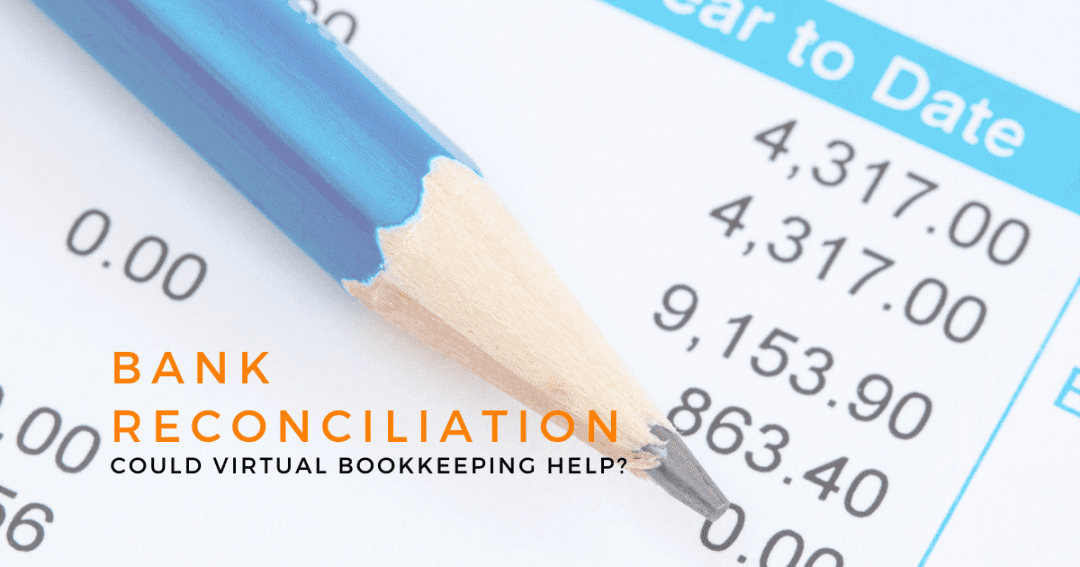For many small business owners, bank reconciliation is one of the many administrative tasks you could do without. But it’s critical to the financial health of your business – and the best way to regularly check that everything is in order. Of course, if you really can’t bear it, you could consider using a virtual bookkeeping service – but even then, you should still make sure you’re aware of the financial state of your business.
Why should you do a bank reconciliation?
Cash flow and other financial problems are one of the biggest causes of small business failure. So, from the very beginning, you should be paying close attention to the money coming in and out of your businesses.
Regular bank reconciliation will flag up any problems either with your bank statements or with your business records. It can give you an early indication of any fraud or other financial issues and it means you’ll have up-to-date financial records to refer to for tax and VAT returns.
Can I do it myself?
Reconciliation isn’t difficult, but it can be time-consuming, depending on how often you do it. That’s why many small businesses decide to get help with bookkeeping – it removes an admin task from your list, but you know it’s being properly done on a regular basis. If you decide to take it on yourself, however, you can either do it manually, or use your accounting software. If you don’t have accounting software, now could be a good time to think about putting a system in place.
For manual bank reconciliation, you will need to get a list of transactions from your bank. This should be a list of all transactions since your last reconciliation. If you have more than one business account, or you run a business credit card alongside your current account, you’ll need a list for each account.
You’ll then need your business records. Businesses that use an outsourced bookkeeper may keep their business records online so that they are easily but securely accessible for anyone working on the accounts.
Starting with the date of your last reconciliation, go through your statement and your business records, making sure that deposits and withdrawals match. Where there is something in either record that doesn’t match, make a note of it so you can investigate. This might be something simple like a bank fee that you didn’t know about, but it might also be that you thought an invoice had been paid, but the money has not been received into your account.
You’ll also need to match amounts with receipts, if you are managing expenses, stock and capital expenditure for your business. When your reconciliation is complete, the figures in your bank statements and your business records should be the same.
Why use bookkeeping services for small businesses?
Bank reconciliation is easier to do the more often it’s done. Some businesses reconcile accounts on a daily basis, whilst others do it once a month or even just when the mood takes them. In order to make sure you’re in the best financial position, you should make this a regular task. And if you don’t have the time, energy or inclination to do it yourself, then why not get some help?
Whether you use a remote bookkeeper or give the task to someone in-house, outsourcing reconciliation means you can be confident that your finances are healthy, that any problems are quickly spotted and sorted out and that your accounts are in good order. This gives you the foundations you need for building your business – with good cash flow and an ordered accounts system.
If you’re unsure about where to start with bank reconciliation, or short on time and want to talk about virtual bookkeeping services, feel free to call us on 0800 994 9016 or use our contact form in the menu above.

